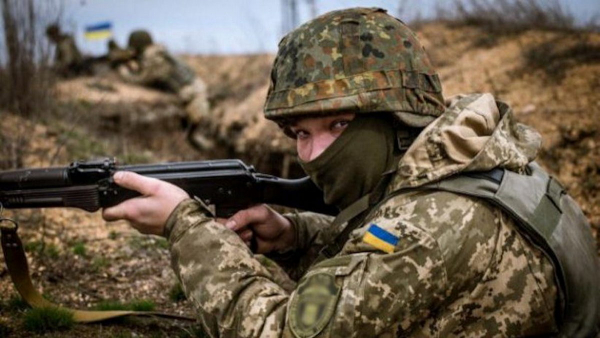It is believed that during the war there are different moral rules than in peacetime, especially for combatants. After all, from the beginning, both sides violate the fundamental moral norm "do not kill."
Allegedly the soldiers of both sides are in the same situation — they are free to or unwilling to kill their opponent. But in reality this is not the case, because the key factor here is the motivation of the person who took up arms. Depending on this, a person becomes either a warrior or a murderer. So how does the psychology of a warrior differ from the psychology of a murderer?
A warrior is guided primarily by the interests of the community he protects, personal interests take a back seat, he thinks of himself as part of a whole and only from this point of view thinks about saving his own life — if he dies, he will not be able to protect those he is called to protect.
The killer's interests are focused on his person, he hates the world around him and people because he is put in conditions such that he can easily be killed. He tries to take revenge on everyone he can, for fear of losing his life. Such a soldier can kill civilians without remorse, as this is the easiest way to show his hatred of the world without risking retaliation.
The motivation with which the russian soldiers went to this war does not allow them to be soldiers, because they do not have any socially significant goal in this war. The ideas of "denazification of Ukraine" and "liberation of Ukrainians from fascist rule" may be an acceptable fairy tale for russian retirees who drink tea on the couch under Skabeeva’s or Solovyov's talk show, but have little to do with the reality of the war facing russian soldiers.
Only in the first days of the war did the russian command and military try to somehow create the appearance of war "only with the nationalists, not with the people." A typical phrase from the interception of a telephone conversation between one of the occupiers: "Earlier, commanders forbade even looking in the direction of civilians, but now they say: a child is not a child — kill everyone.”
Lack of understanding of what they are fighting for turns russian soldiers either into cowards who think only of how to escape the hell of war, or into pathological killers who justify killing by saying that "everyone here is killing each other" and in principle, it matters not whom they kill.
The longer the hostilities continue, the more murderous the psychology of russian servicemen will be. The qualities of a coward and a murderer may well be combined.
The question remains as to what extent the hatred of russian soldiers can spread to those who sent them to this war. If this happens, the russian leadership must be interested in ensuring that those russian soldiers who have gone to this war, do not return home.





